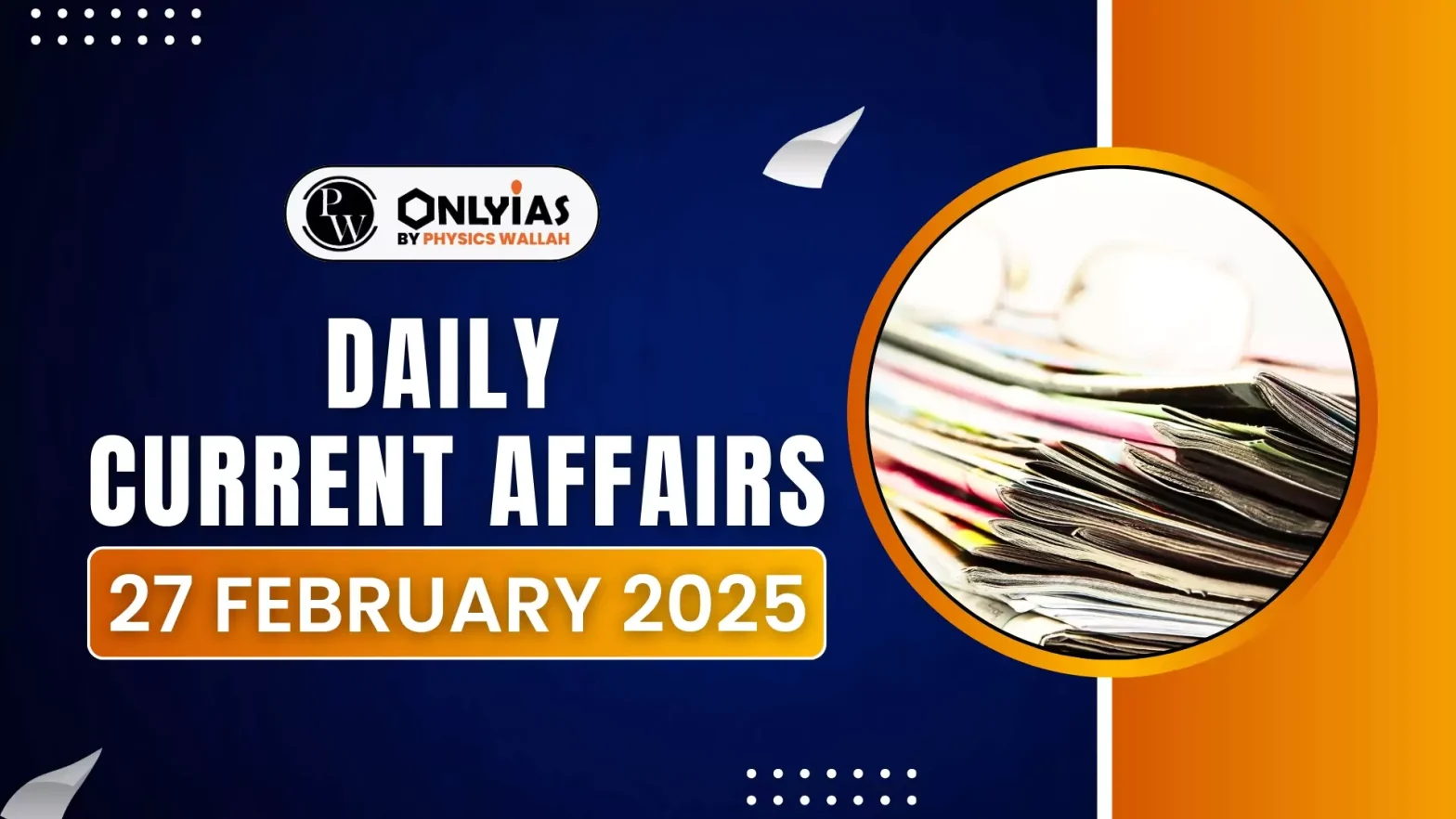Shareholders of Indian Renewable Energy Development Agency Ltd. (IREDA) have approved a plan to raise up to ₹5,000 crore through Qualified Institutional Placement (QIP) of equity shares.
- The funds will be raised in one or multiple tranches to support the company’s financial and operational growth.
About Indian Renewable Energy Development Agency (IREDA)
- IREDA is a non-banking financial institution under the administrative control of the Ministry of New and Renewable Energy (MNRE) for providing term loans for renewable energy and energy efficiency projects.
- Establishment: Founded in 1987 as a Non-Banking Financial Institution (NBFC).
- Recognition: Recognized as a ‘Navratna’ company by the Department of Public Enterprises in 2024.
- Major share: The Government of India holds a 75% ownership stake in IREDA.
- Mandate:
-
- Responsible for promoting, developing, and financing projects related to new and renewable energy sources.
- Provides financial assistance to projects that generate electricity from sustainable and alternative energy sources.
About Qualified Institutional Placement (QIP)
- Definition: A Qualified Institutional Placement (QIP) is a fundraising mechanism that allows listed companies to raise capital from domestic markets without extensive regulatory compliance.
- Introduced by the Securities and Exchange Board of India (SEBI) in 2006.
- QIPs aim to reduce reliance on foreign capital.
- Regulation of QIP in India
- Eligibility: Only listed companies meeting minimum shareholding requirements can raise capital through QIPs.
- Allotment Rules: At least 10% of issued securities must be allocated to mutual funds or institutional investors.
- Allottee Restrictions:
- No single allottee can hold more than 50% of the issue.
- Allottees must not be related to the company’s promoters.
- Qualified Institutional Buyers (QIBs): Only accredited institutional investors can participate in QIPs.
Advantages and Disadvantages of QIP
| Advantages |
Disadvantages |
| Faster Process: Requires minimal regulatory approval, reducing fundraising time compared to Follow-on Public Offers (FPOs). |
Limited Investor Base: Only institutional investors can participate, excluding retail investors. |
| Lower Costs: Saves on legal fees and overseas listing expenses. |
Market Dependency: Success depends on market conditions and investor sentiment. |
| No Need for Regulatory Filings: No pre-issue filings required with SEBI. |
Stake Dilution: Existing shareholders may see a reduction in their ownership percentage. |
| Encourages Domestic Capital Raising: Reduces reliance on foreign funds like American Depositary Receipts (ADRs) and Foreign Currency Convertible Bonds (FCCBs). |
Risk of Underpricing: Companies may offer shares at a discount, reducing potential capital raised. |
[/orange_table]
QIPs remain a popular capital-raising tool in India, balancing speed and flexibility with certain investor limitations.
![]() 27 Feb 2025
27 Feb 2025
